The Digital Media Laws You Need to Know
“What’s the Harm in playing a few seconds of this Justin Bieber song in my video?” “This isn’t radio, I can say whatever I want!” “Our show is so small, I’m sure HBO won’t come after us if we use this clip from Game of Thrones for the podcast”. Now more than ever, people are learning more about digital media. This has brought forth a new generation of aspiring creators.
With this new surplus comes new questions. “What kind of songs can I use in my podcast?” “What is the difference between copyright and royalty free?” “Do the sites I post my content on own it, or is it mine completely?” The answer is rarely ever simple. As most people know, the law can be very gray at times, with a middle ground that many creators dance on and try to create a healthy balance.
The most famous question is “When and where can I use copyrighted material in my original content?” Whether it’s a video or a podcast, the short answer is “almost never”. In layman’s terms, copyrighted means that someone or a company completely owns the rights to that material. This means that you cannot use their content or art on any of your own materials unless you have permission. This also means that not asking permission can get you in a lot of trouble, and just because it’s not guaranteed that the copyright holder will find out you’re using their content doesn’t make it any safer.
There’s a common myth that you can use “The first 5,10, or even 30 seconds of a clip before copyright kicks in!”. This has been proven to be completely untrue, and a dangerous myth to those who believe it and actually enact a project with it in mind. Copyright law is something to be taken seriously, as not following it can end in lawsuits. Copyright law does have a few exceptions though, and this is where the “almost” piece comes into play. Technically speaking, if you are falling under “fair use” when using copyrighted material you are safe from the lawsuits that come from copyright law. Fair Use includes using the Copyrighted Material without the holders permission for criticism, parody, news reporting, research and scholarship, and teaching.
It’s important to always keep in mind “The materials that I’m using, are they mine? Did I create them?” If the answer to that question is “No” it’s best to analyze the situation and make sure you are not violating copyright law.

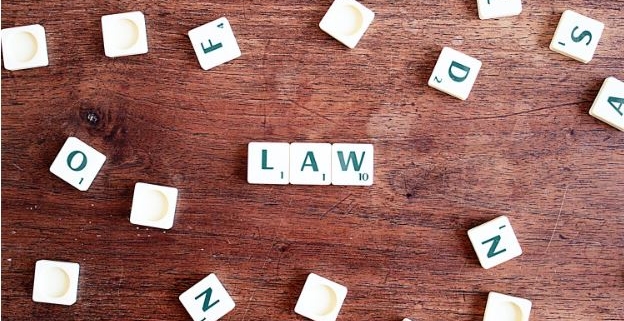
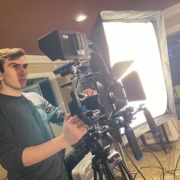
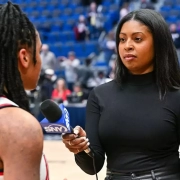
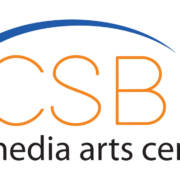
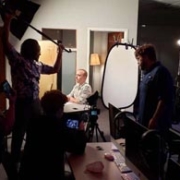
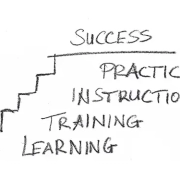

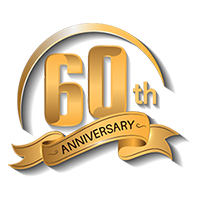


 Request Info >>
Request Info >>